Fasting Removes Toxins from the Body
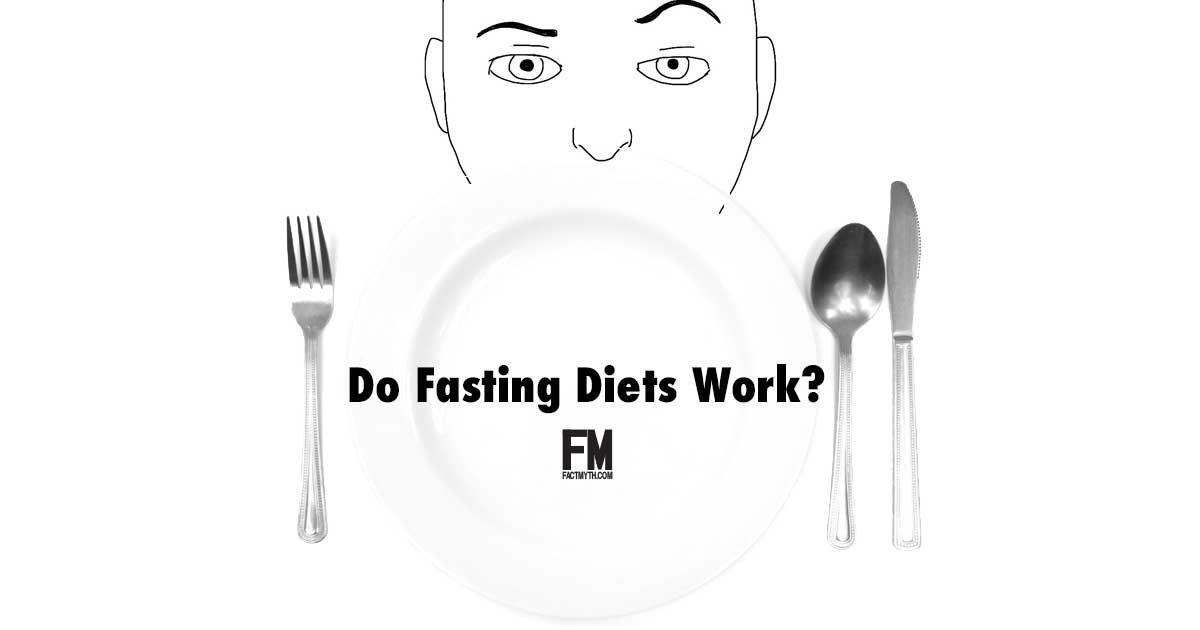
Scientific research shows the body can remove toxins whether a person fasts or not. In fact, fasting has health risks as the body needs liquid, energy, vitamins, and minerals to detox.
Diet and nutrition refer to the foods a person eats, the related nutrients, as well as, strategies related to food in regard to dieting and weight loss.

Scientific research shows the body can remove toxins whether a person fasts or not. In fact, fasting has health risks as the body needs liquid, energy, vitamins, and minerals to detox.
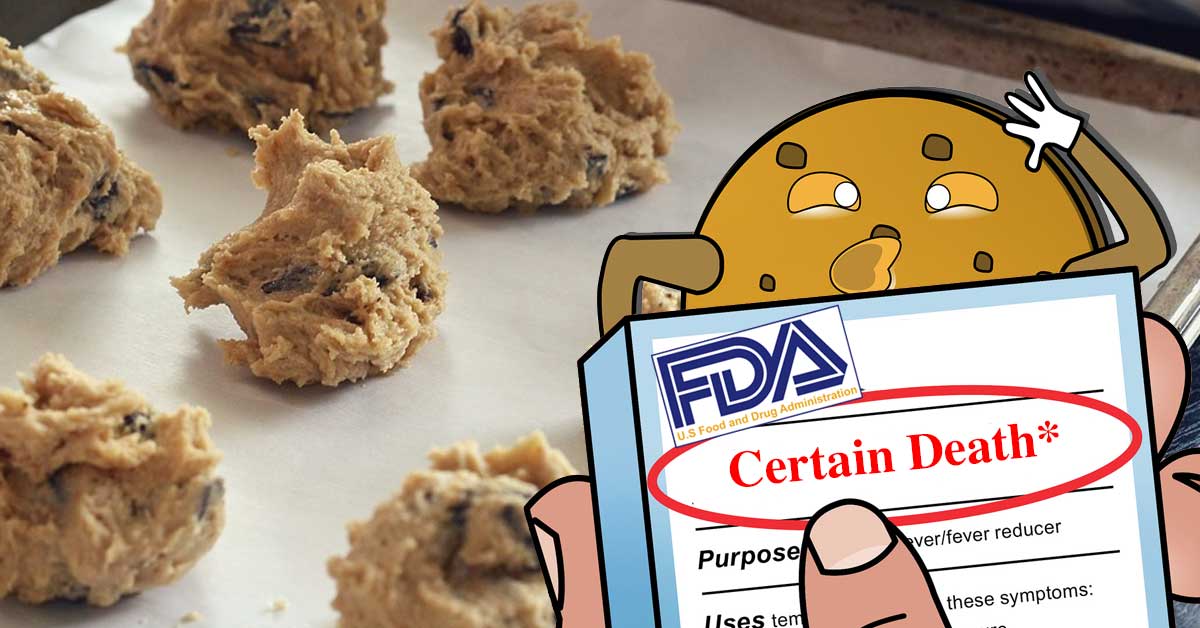
Raw pasteurized eggs are safe to eat or drink, but there are slight risks of a salmonella illness, especially for the elderly, kids, and pregnant women.

One should use microwave-safe containers in a microwave. Safe containers let radiation pass through them so only the food, not the container, is heated.
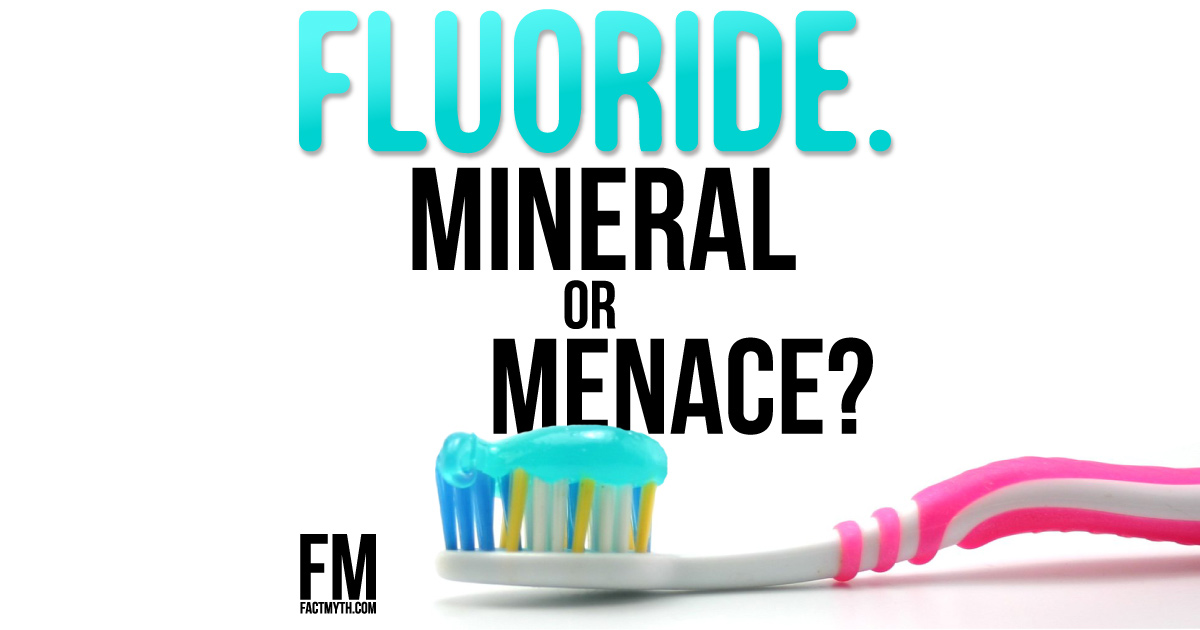
Fluoride is a name for several fluorine compounds. Fluoride is good for oral hygiene in small doses, but extremely dangerous and toxic in large doses.
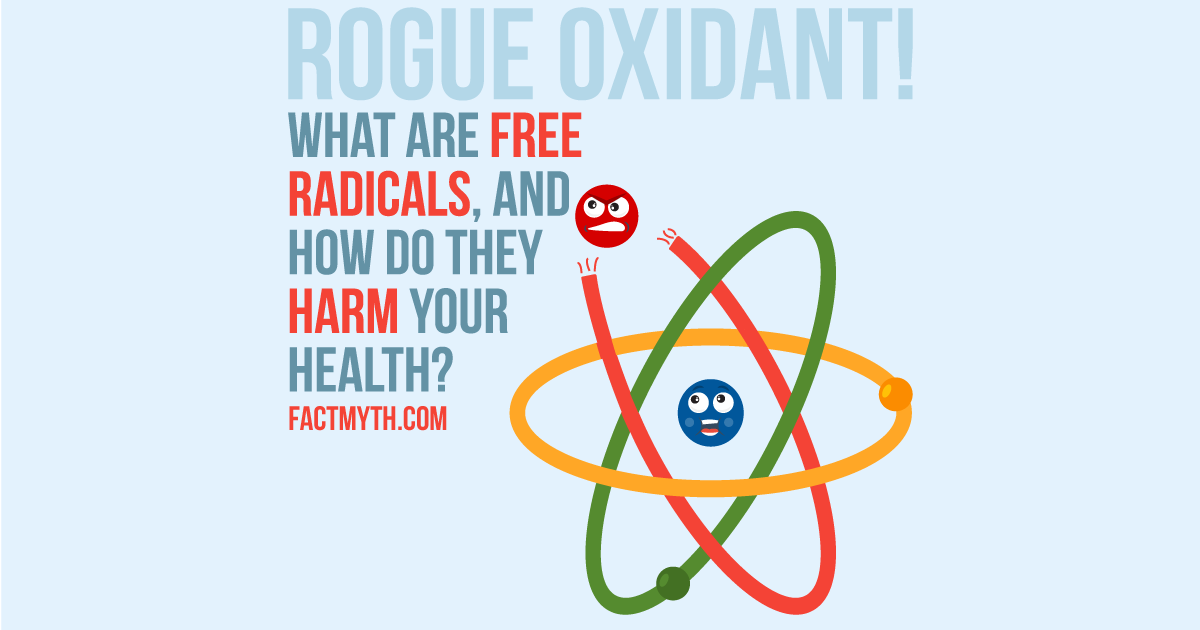
Free radicals are atoms, molecules, or ions missing electrons. When antioxidants are unavailable, free radicals can damage cells in an effort to “balance” electrons through oxidation.
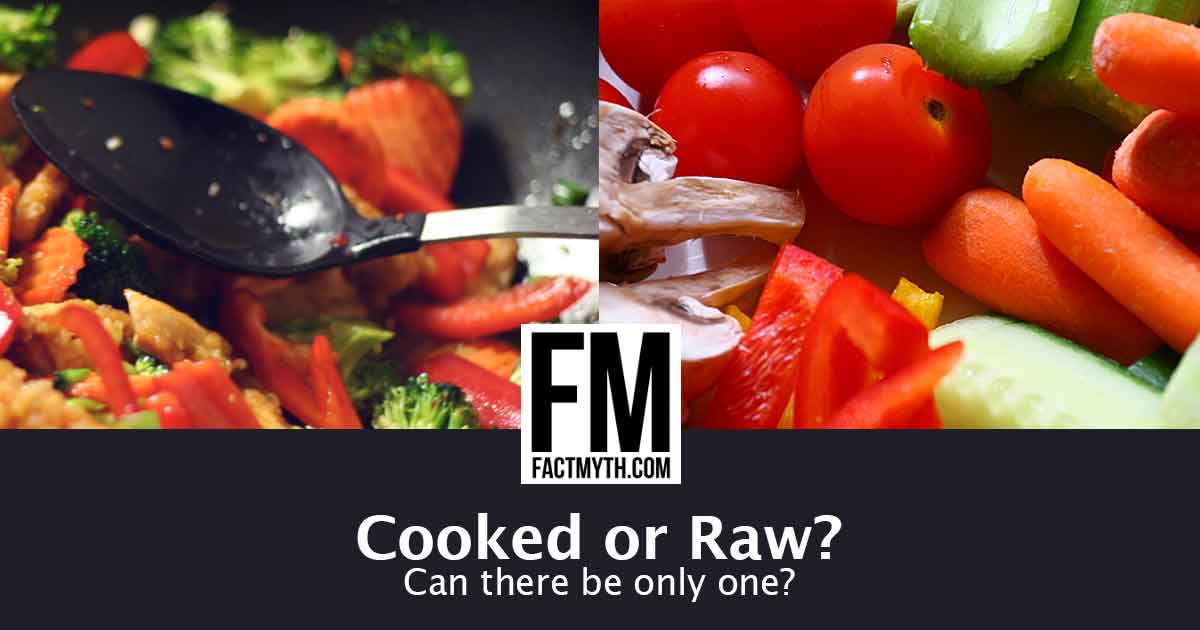
Only some vegetables are better for you raw than they are cooked. It depends on the specific vegetable, cooking method, and the person.
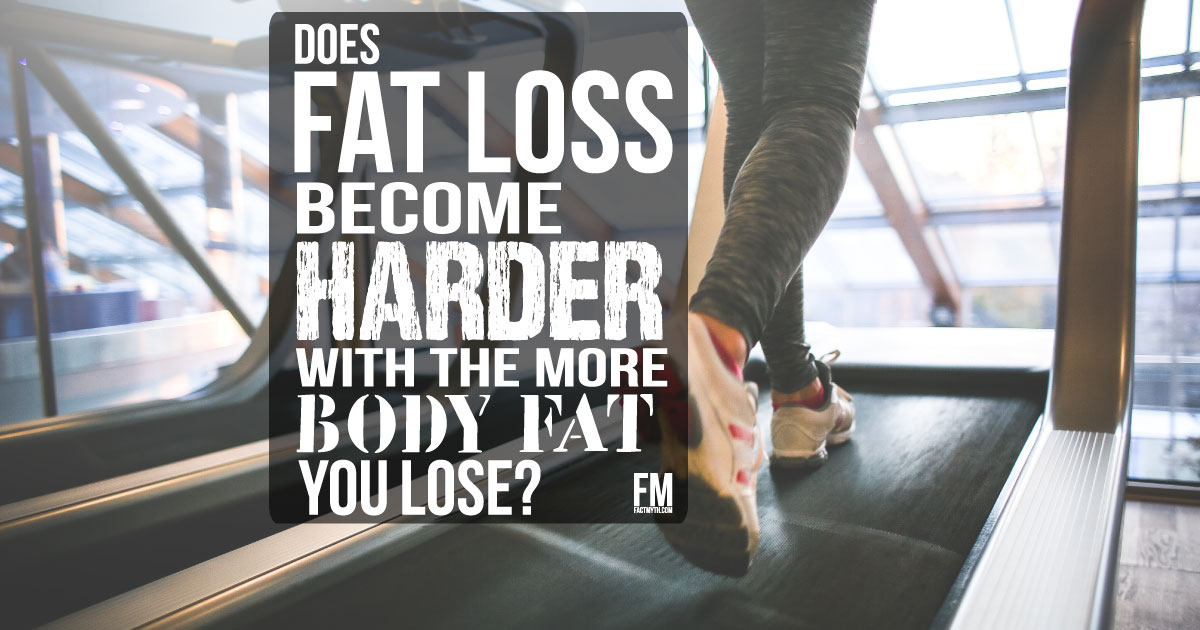
The closer you get to zero percent body fat, the harder weight is to lose. The more body fat you have, the easier weight is to lose.
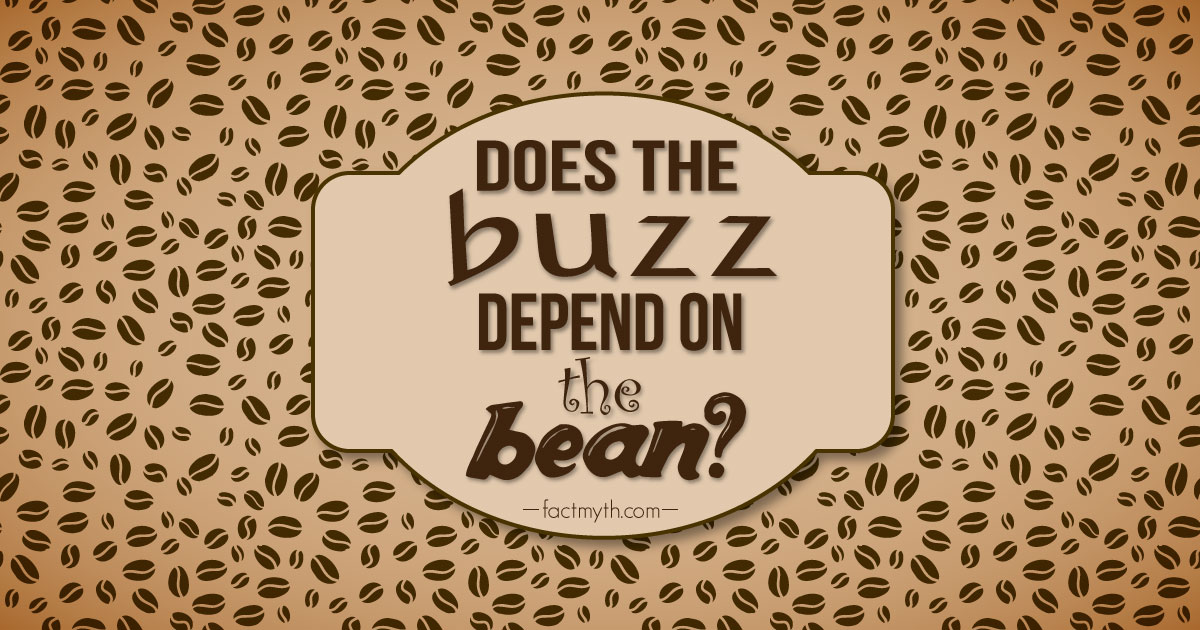
All coffee beans contain the same caffeine compound, but in different amounts. The way the caffeine buzz affects you depends on roast, bean type, and other factors.
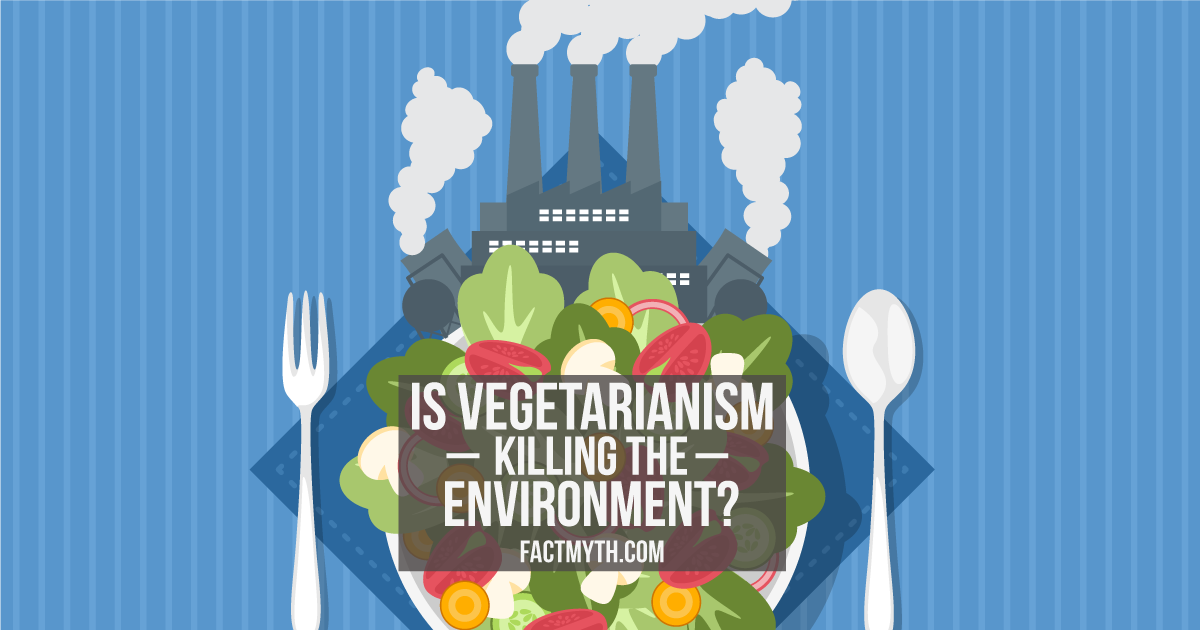
Both animal-derived and plant-derived food production has consequences, but meat production is worse for the environment in most cases.
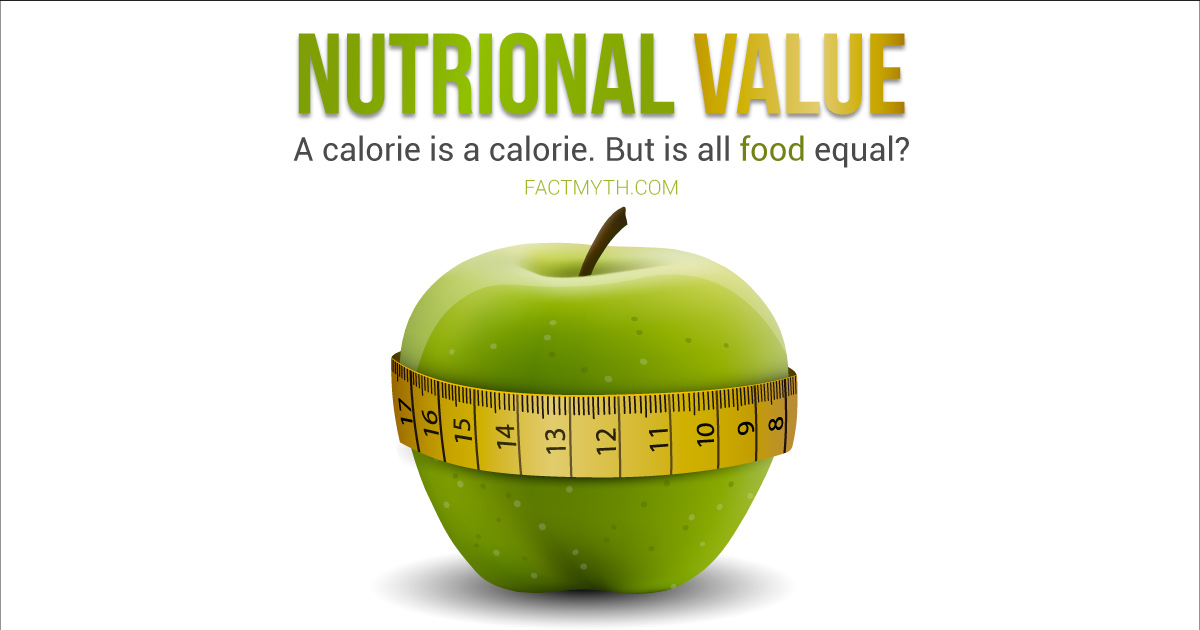
Calories on a label almost never equal calories stored exactly. This is part due to the labeling process, and part due to the different effects different macronutrients have on our bodies.